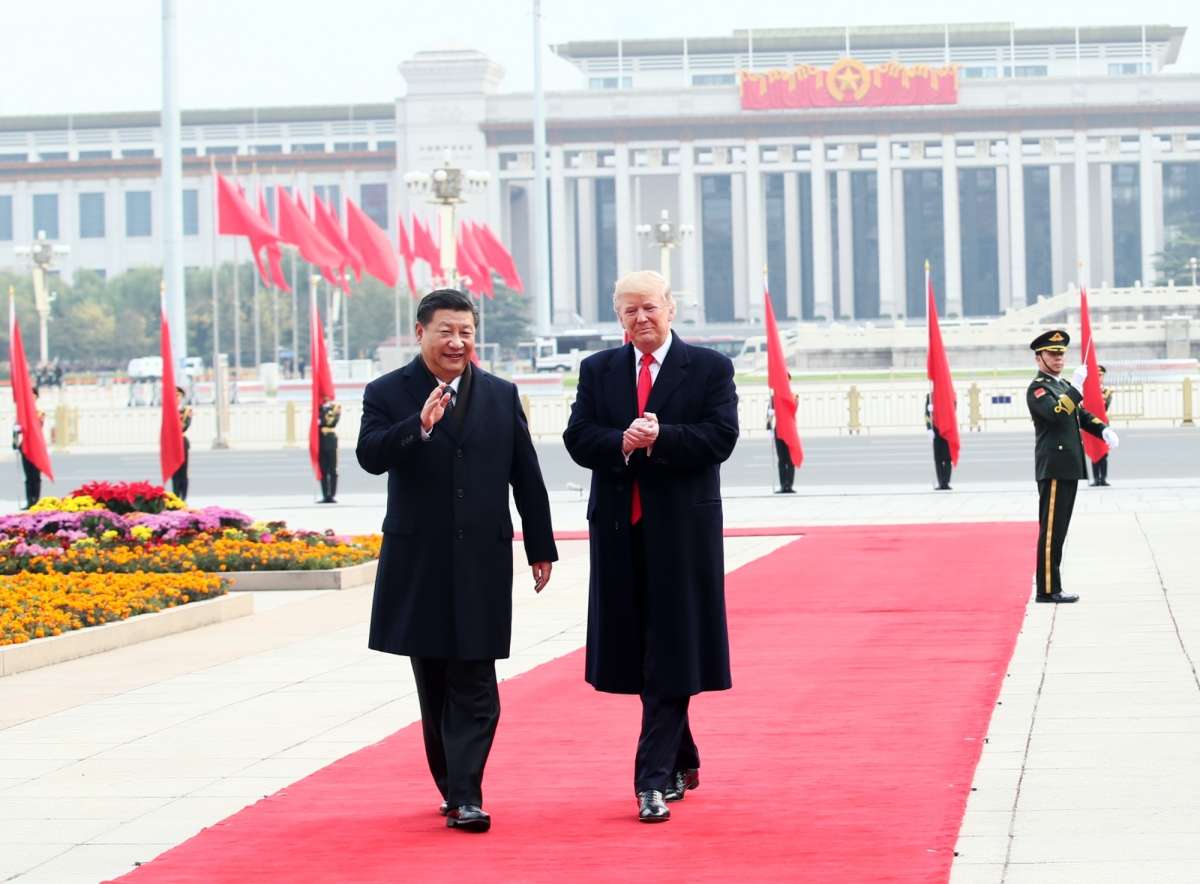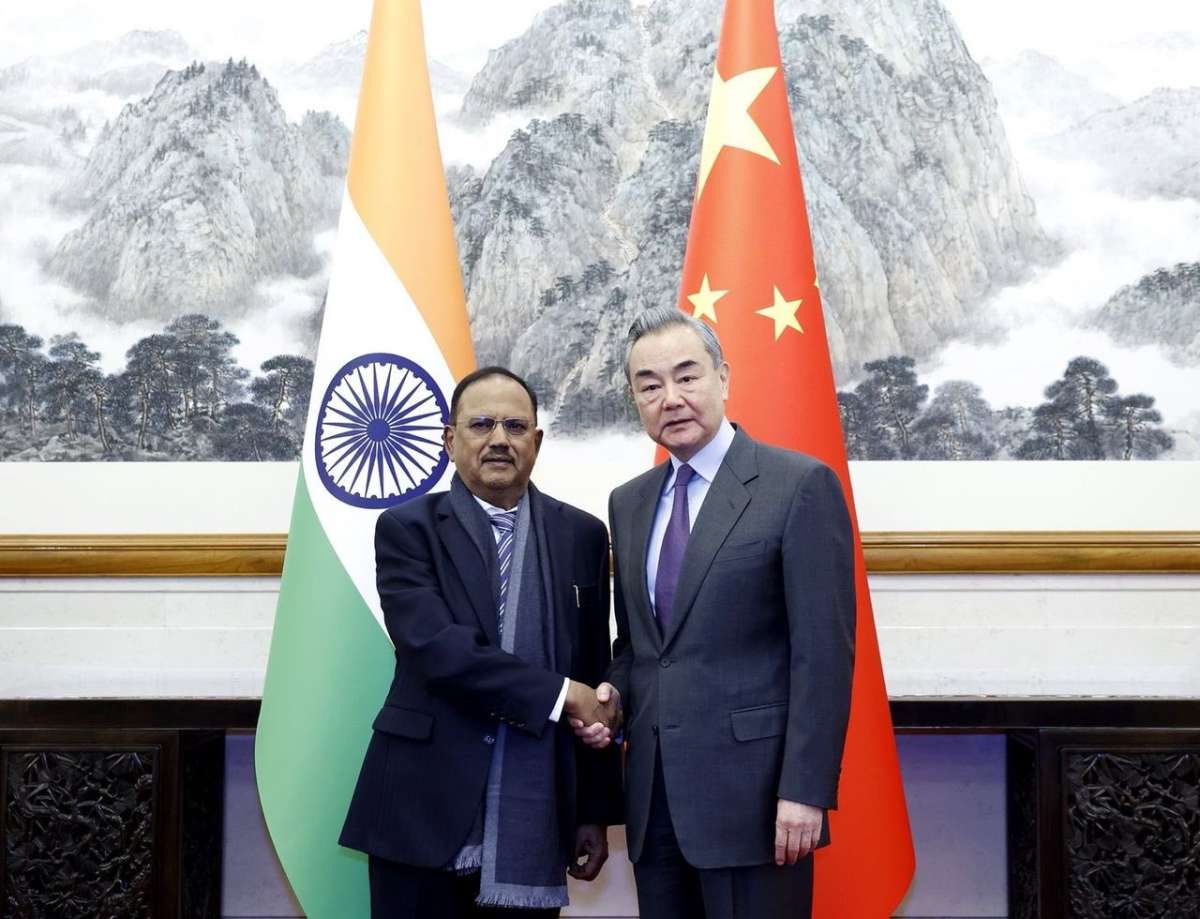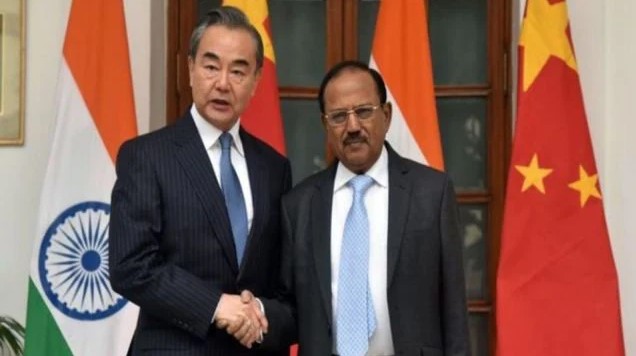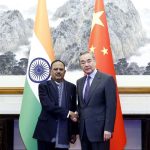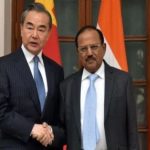The measures include expanded export credit insurance, additional financing for international trade businesses, and enhanced support for cross-border e-commerce….reports Asian Lite News
China’s Commerce Ministry on Thursday revealed a nine-point plan to bolster its export sector as the country braces for potential tariff hikes of up to 60% under incoming US President Donald Trump.
The initiative seeks to counter anticipated trade pressures and ensure the resilience of Chinese exports amid growing global trade tensions.
The measures include expanded export credit insurance, additional financing for international trade businesses, and enhanced support for cross-border e-commerce.
Other provisions aim to boost exports of specialty agricultural products and critical commodities while promoting the import of essential equipment and energy resources.
China also plans to ease personnel exchanges through expanded visa-free entry policies and stabilize foreign trade by addressing “unreasonable restrictions” on exports.
The move comes as concerns rise over Trump’s renewed focus on China, with a potential escalation of tariffs reminiscent of his earlier trade policies.
Despite tariffs imposed during his previous term, China’s exports to the US amounted to $427.2 billion last year, far surpassing imports of $147.8 billion.
Zhang Zhiwei, an economist at Pinpoint Asset Management, described the measures as preemptive, not only addressing US tariffs but preparing exporters for rising trade barriers globally.
Sino-US ties deteriorated sharply during Trump’s previous presidency, as he instigated a trade war. His position has not changed this time around, with accusations of intellectual property rights theft and unfair trade practices continuing.
Trump’s 2017 National Security Strategy declared Beijing a revisionist power bent upon long-term strategic competition with the USA. His 2017-21 presidency emphasized hub- and-spokes architecture, such as US-Japan-Australia- India cooperation.
Biden’s subsequent approach of “invest, align and compete” built upon this, but his was more of a latticework of trilateral and multilateral coalitions like AUKUS, the Quad and Japan-US relations and South Korea.
American awareness has grown of Beijing’s desire to turn international norms on their head, and the USA has gone too far down the competitive track to turn back.
Therefore, the USA will continue to discourage regional conflict with China, will promote Western values and “abiding by the rules”, counter Chinese government influence campaigns, maintain a technological and innovation edge, and fight unfair Chinese trade practices.
One method in Trump’s toolbox is trade sanctions and tariffs. During campaigning, Trump said of the Biden administration, “They allowed Russia, China, Iran, North Korea and others to unite. I want to break them up.”
While there are questions over whether Trump will exact a price on China for its constant harassment of Taiwan, there is nonetheless likely to be continuity in US support for Taipei.
Yet Trump will surely demand that Taiwan do far more to boost its own defences rather than using the USA as an insurance policy.
Looking at Trump’s picks for key positions, he has already selected well-known hawks with track records of criticising China.
Mike Waltz will be the national security adviser, Pete Hegseth’s defence secretary and Marco Rubio secretary of state.
Indeed, the latter is sanctioned by Beijing, so officials will not be able to meet him unless China rescinds its sanction.
Such a concentration of hostile people at the top of Trump’s government may signal the direction that bilateral relations will go.
Yet Trump’s unpredictability, fickleness and brashness are good at rubbing other countries up the wrong way too, so some Chinese analysts think another Trump presidency could weaken US ties and introduce fault lines with allies like Japan, the Philippines and South Korea.
Reduced American involvement in Asia would help advance Chinese interests in the Asia-Pacific region.
ALSO READ: BRICS Against China’s BRI, Brazil Leads the Charge
